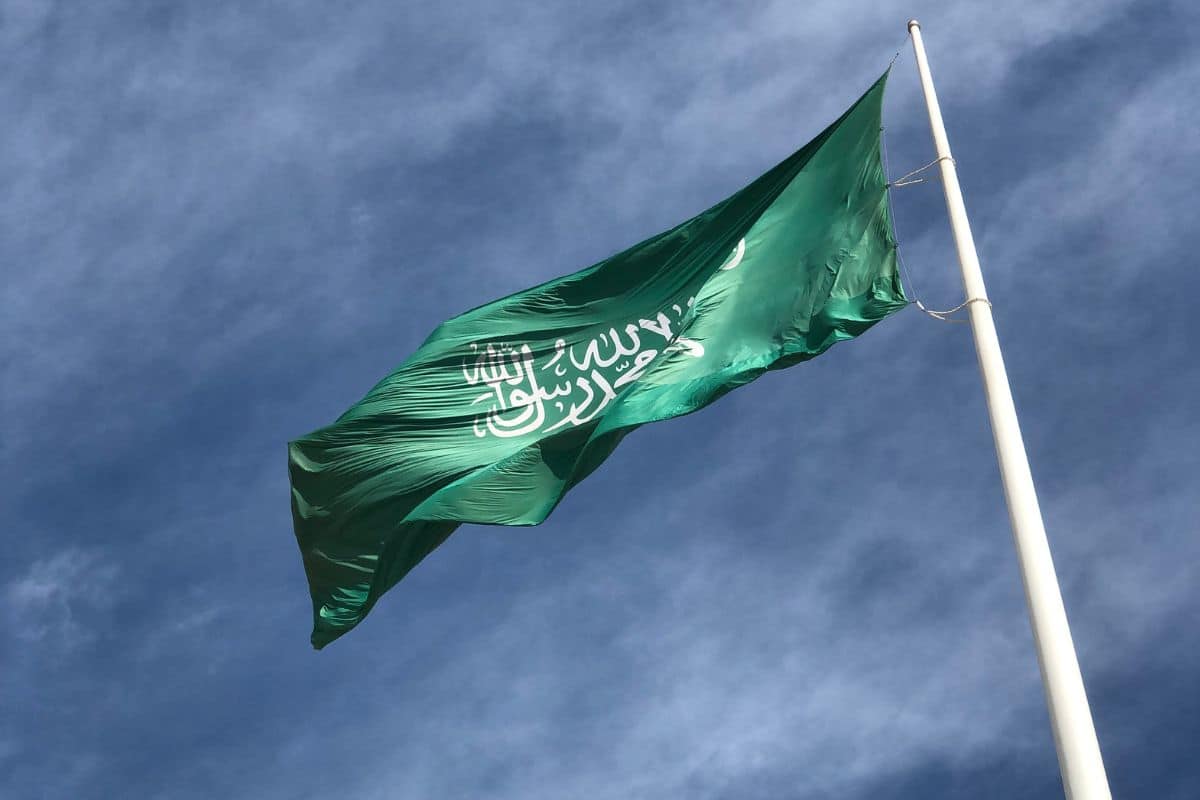The Saudi economy grew by 1.2% year-on-year in the second quarter, with the non-oil sector continuing to drive growth despite the dwindling oil activities in the Gulf state, official estimates showed Thursday.
Saudi Arabia’s gross domestic product (GDP) growth was driven by a 6.1% surge in non-oil economic activities and 2.3% in government services activities in the second quarter, offsetting the 4.3% plunge in oil activities, according to new estimates by the General Authority for Statistics (GASTAT).
The new reading came just slightly higher than GASTAT's second-quarter flash estimates of a 1.1% growth released on July 31.
However, on a seasonally adjusted basis, Saudi’s real GDP during the April-June period plunged by 0.2% compared to the first quarter. GASTAT attributed the decline to a 1.5% drop in oil activities despite a 1.6% and 0.5% quarter-on-quarter increase in non-oil and government services-related activities, respectively.
Saudi’s non-oil business activity rose to 59.6 in June, according to the Riyad Bank Saudi Arabia Purchasing Managers’ Index (PMI) survey by S&P Global last month. However, the pace of expansion slowed in July and August, with PMI dropping to 57.7 and 56.6, respectively.
In comparison, Saudi Arabia’s economy recorded a 3.8% year-on-year growth for the first three months of the year, buoyed by the strong non-oil sector.
The International Monetary Fund (IMF) lowered Saudi Arabia’s GDP growth by 1.2% to 1.9% this year, according to its latest World Economic Outlook report, reflecting the kingdom’s oil production cut announced in April and June.
However, the IMF acknowledged Saudi’s efforts to drive private investments supporting robust growth in the kingdom’s non-oil economy.
For 2024, the IMF downgraded its projection by 0.3% to 2.8%.
Saudi Arabia was the fastest-growing economy in the Group of 20 (G20) bloc in 2022, with a growth rate of 8.7% due to stepped-up oil production and higher oil prices brought about by the Russia-Ukraine war.
In June, the IMF’s assessment of the Saudi economy suggested that lower revenue in the oil sector this year would shift the fiscal surplus back to a deficit.
The kingdom posted a budget surplus of $27.7 billion (SAR 103.9 billion) in 2022—it's first in nearly a decade—on a 31% year-on-year increase in total revenues that reached almost $338.3 billion (SAR 1.27 trillion).











